This improbable idea is not as far-fetched as it seems.
Try to imagine our favorite little corporal in a coonskin cap -
or maybe even a pirate's tricorne and earring......
Sounds crazy but if 400 soldiers of the French Grande Armée had their way, Napoleon Bonaparte would have escaped his island-prison at St. Helena
and headed to the Americas, specifically to Texas, to begin afresh
in the empire building business.
When the British captured the legendary military commander, they held on to him for dear life, stashing him on the isolated island of St. Helena where he was sentenced to live out his final days as far from Europe as possible.
Napoleon's devoted followers, mostly made up of men who had
loyally served him on the battlefront, were also exiled from Europe.
As they made their way west, they crossed the ocean,
hatching a scheme to resurrect their champion.
The military men plotted to rescue Napoleon from the rugged and remote
St. Helena, where the Brits had him stowed some 1200 miles off the
coast of Africa, his days dark and filled with despair.
The fighting French, in turn, plotted to whisk their wizard still further away,
to another barren outpost, Texas, with the implied reward of a leadership role,
bargaining he would again become ruler of a new world empire.
Surrounded by water and more water, living his few remaining years on land
made up of volcanic ash, Napoleon likely had a few visions
of the chance for redemption himself.
Why Texas, U.S.A.?
Texas wasn't even part of the U.S. at the time.
It was still a district of the Mexican state of Coahuila, light years away from
declaring its independence at the Battle of the Alamo and future statehood.
But back to our favorite French emperor.
We love to think of him under his six layers of mahogany, ebony and oak, lying in state under the magnificent dome of Les Invalides, guarded by stone angels.
He brings to mind the glories of the past, the majestically patriotic
Arc de Triomphe, a time when (in war) you were either a winner or a loser.
And Napoleon won a lot.
enemy of God. He was a complicated mix of ying and yang.
If you could wipe out the bloodshed during his reign,
Napoleon's achievements were huge, changing the world forever.
His Napoleonic Code created a virtual Middle Class by ending feudalism.
He demanded freedom of religion while denying the privileges of birth.
The right to own property became law, no matter
the status of birth or religion.
He embraced Jews, Catholics and Protestants equally
and promoted education for all (men).
Bonaparte promoted the Metric System, building roads and
bridges to connect and strengthen his realm.
Preserving the Louvre and other institutions that had been trashed during
the French Revolution, he seemed to understand the importance
of saving both art and history for future generations.
And yet....
He had visions of an empire that made the American
concept of Manifest Destiny look mild.
Westward expansion in America at least had some pretty identifiable borders.
Napoleon was not just the emperor of France but the King of Italy,
and Protector of the Confederation of the Rhine.
He fought wars in Egypt and Russia and likely would have fought to
the death on the battlefield, given the chance for such glory.
Never tiring of the chase, his flawed genius finally met its Waterloo, literally.
For many, the blood-lust made mincemeat out of the positive accomplishments.
Jean Lafitte had left France many years before, creating a legend
for himself alternating mostly criminal behavior (pirating and slave trading)
with heroics, helping Andrew Jackson defeat the Brits at New Orleans.
Lafitte had moved on to Galveston,Texas, well entrenched in the art of smuggling in the same years that our defeated emperor was languishing away on volcanic ash.
If a French gangster could win the new world over, why not a statesman?
Westward expansion was gaining momentum in the Land of Opportunity.
Preachers likened it to a new religion, insisting America had
the right to stretch its borders.
Could Napoleon have gained a foothold in the rush to the West?
Given the chance, would he have traded the Croix de Guerre
for a Texas belt buckle?
There are compelling reasons the distinguished Corsican
may have conquered the future Lone Star State.
Jews had been living in Texas since the 16th century.
Spanish Texas had never embraced them but they arrived anyway,
escaping the pogroms of Europe, finding tolerance in small doses.
Napoleon was revered by European Jews who, under his rule,
earned concrete rights to the same liberty and equality
as the rest of the country.
He granted them permission to leave their ghettos behind,
to purchase property, to work for the government, to engage in
normal commerce for the first time in European history.
The Jews of Texas may have welcomed the leader as champion of their cause.
Taming the Wild West and building an empire as large as France (Texas
and France are similar in size), perhaps Napoleon would have been the
original Comeback Kid, beating Bill Clinton to that title.
And who knows, maybe they would have shared the same House.
Texas was remote and sparsely populated in the 1820's, its boundaries
mangled by competing interests. They needed a tough guy to
manage them away from Spanish and Mexican influence.
That's why it's not as far-fetched as it seems to
imagine Napoleon Bonaparte doing "his thing" in Texas,
building a legacy in America, great-granddaddy, perhaps to another
memorable imperial despot we all love and hate .... J.R. Ewing.....
"Rappelez-vous la Alamo!"
What do you think, c'est possible?
As Napoleon once said,
"Impossible is a word to be found only in the dictionary of fools."
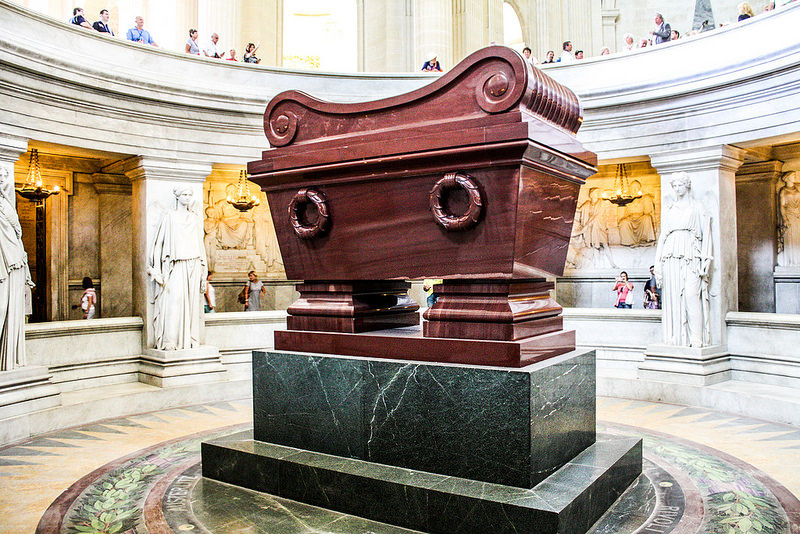
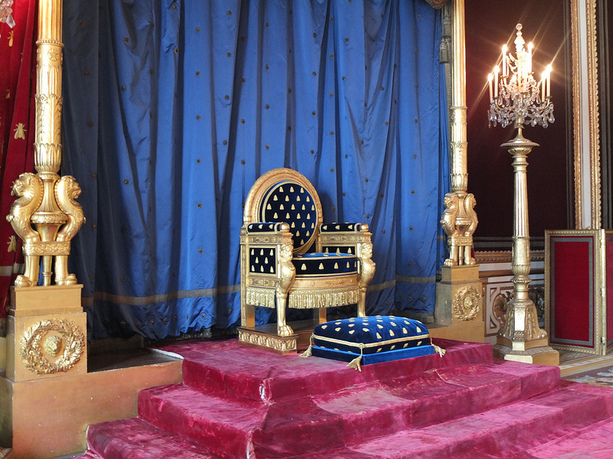
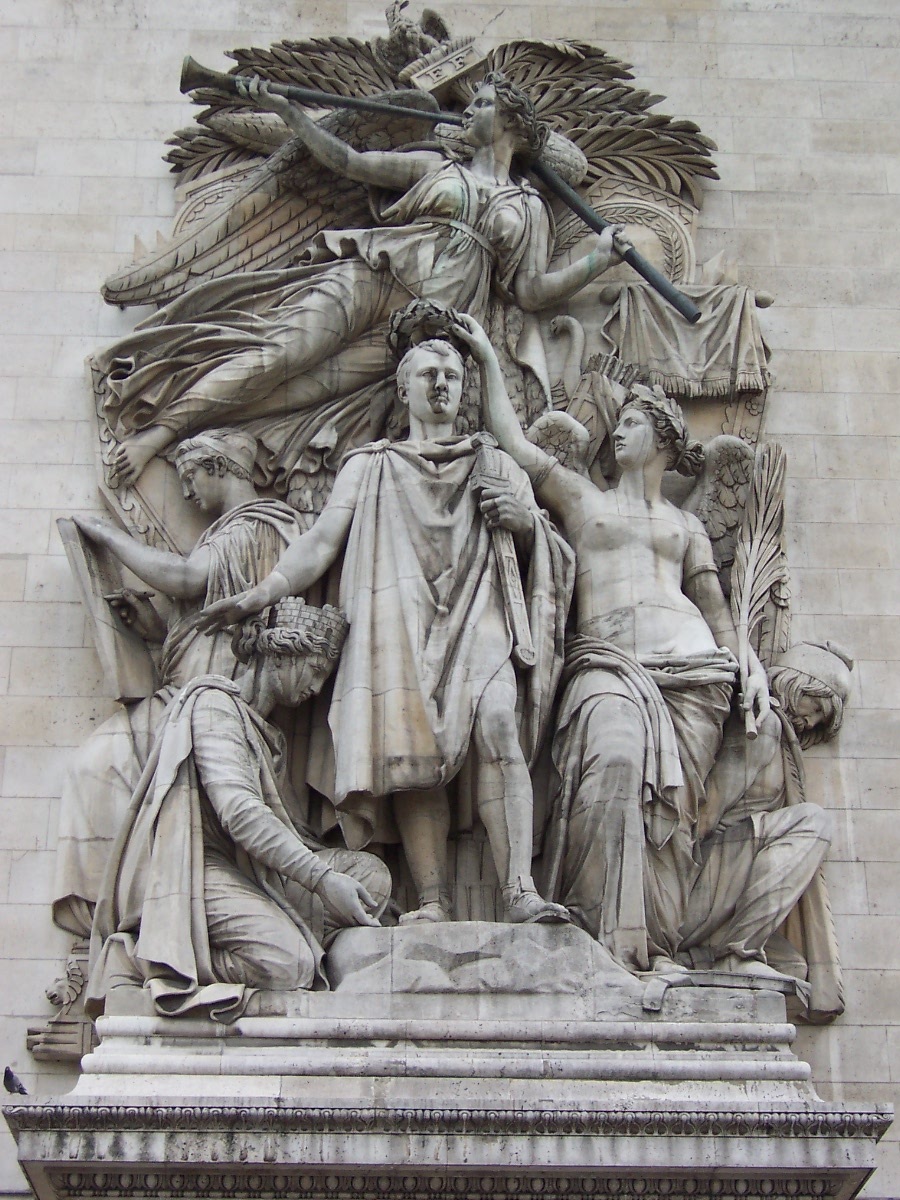
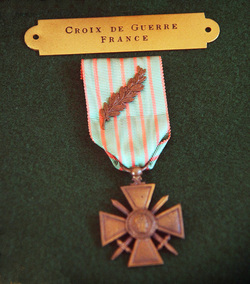
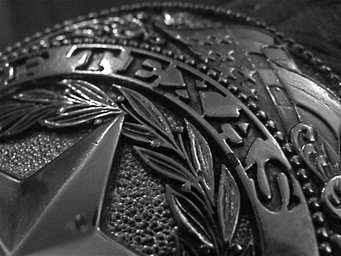
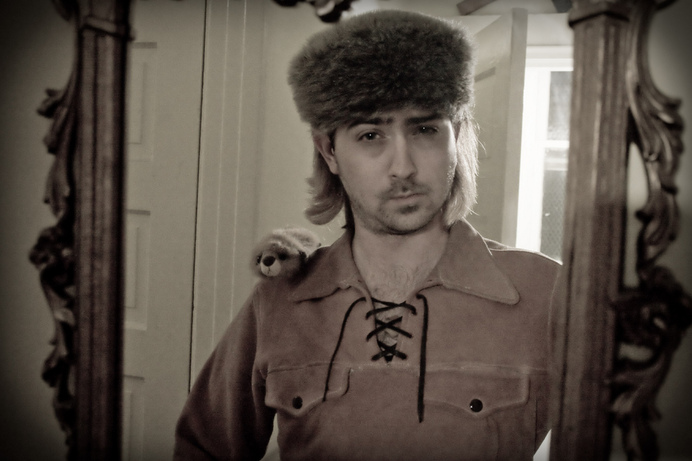
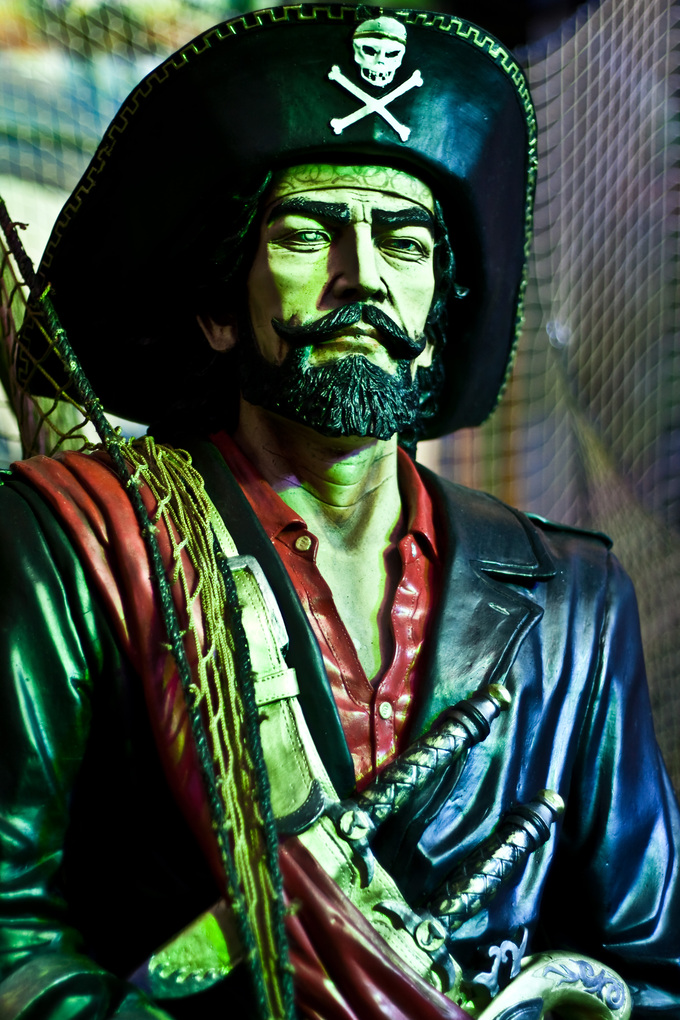
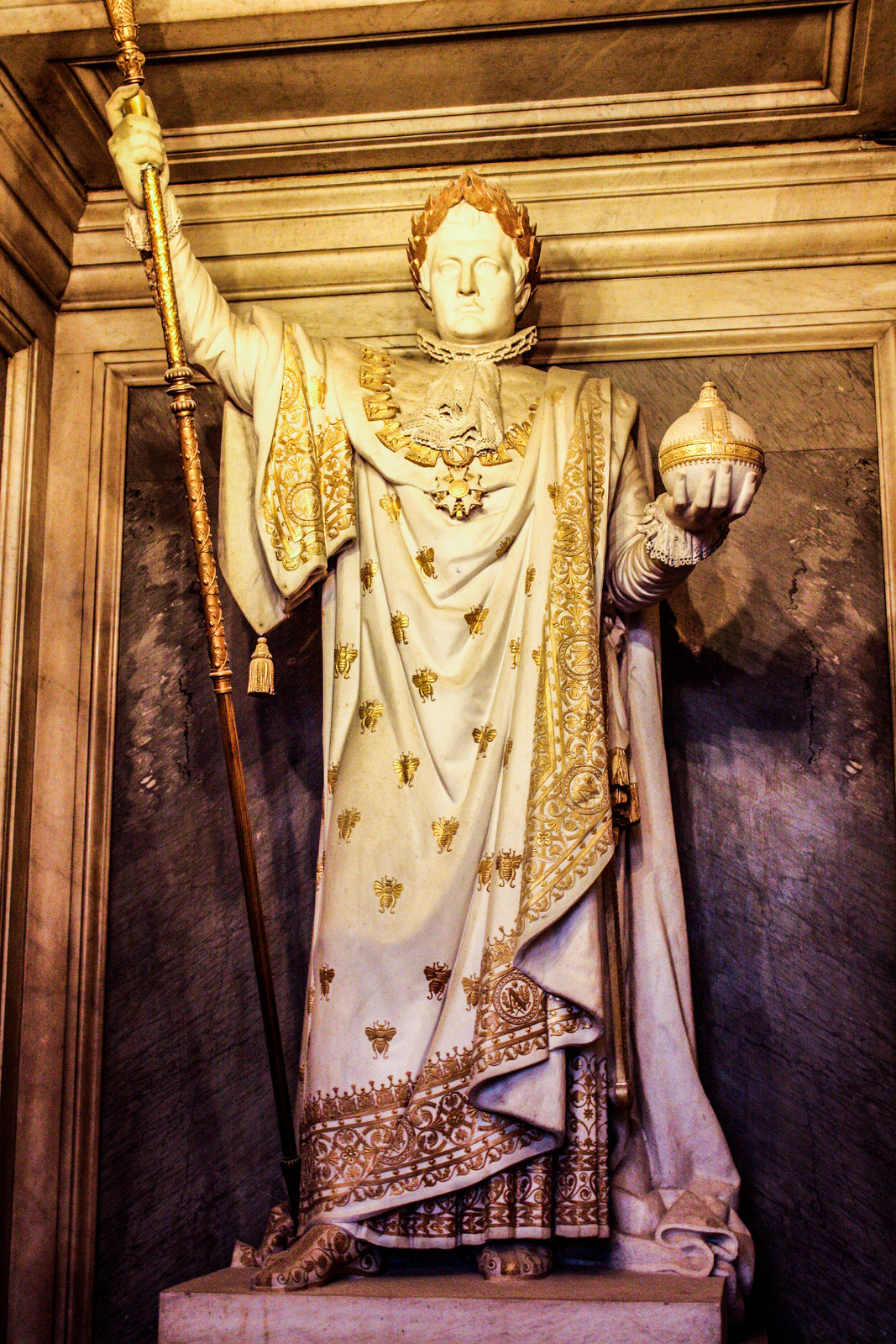


 RSS Feed
RSS Feed
